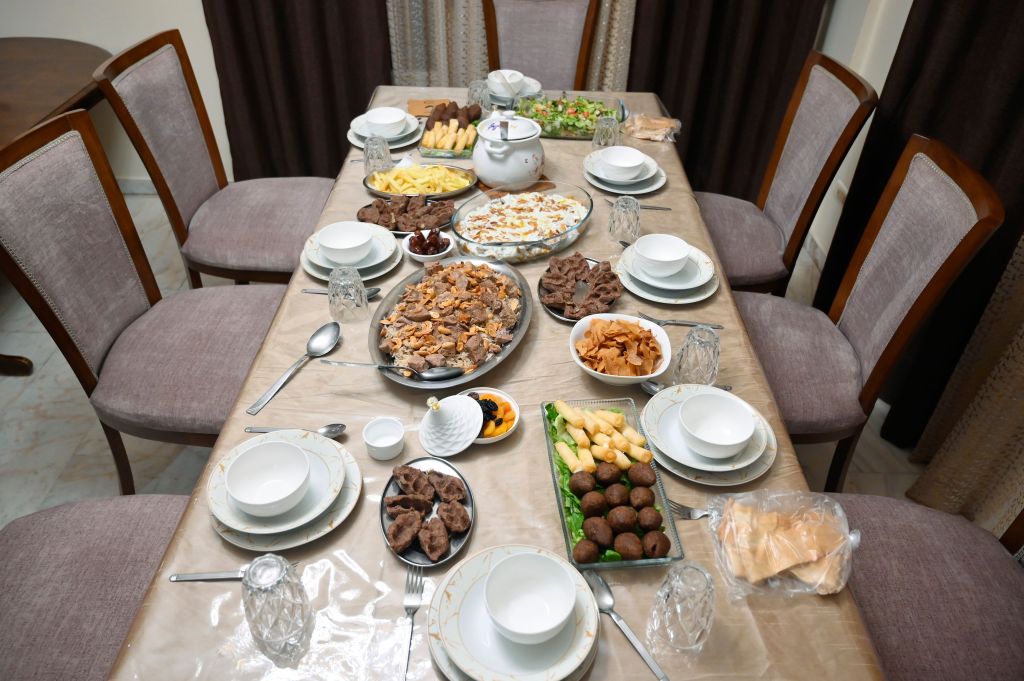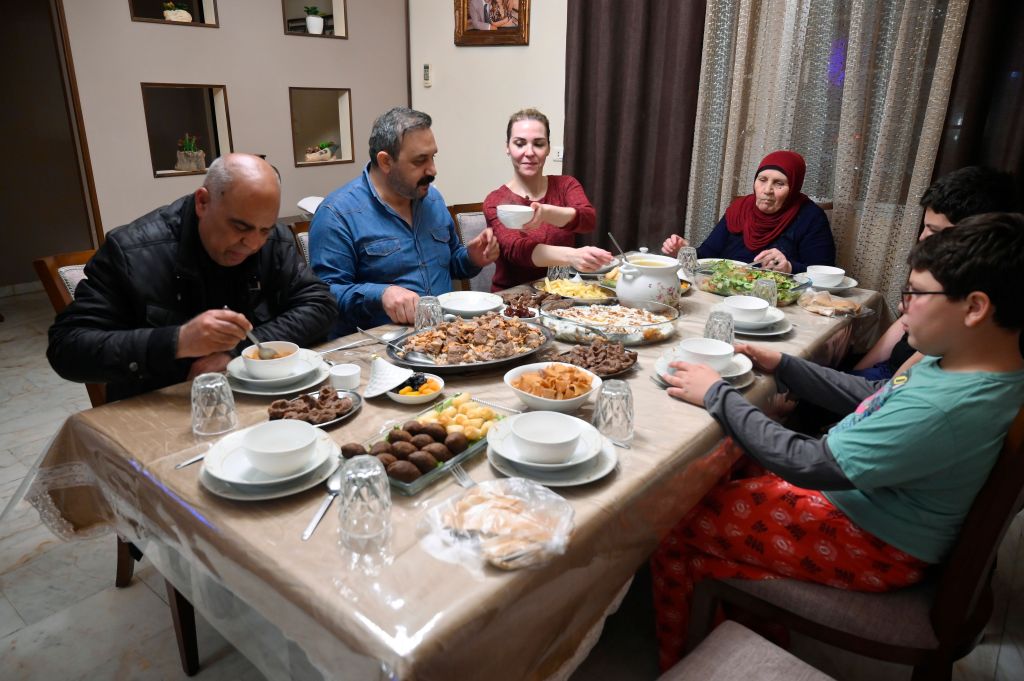Lebanon has two times of day during daylight savings debate
Lebanon woke up in two time zones on Sunday amid an escalating dispute between political and religious authorities over a decision to extend winter time for a month.
Caretaker Prime Minister Najib Mikati issued a decision on Thursday to roll clocks forward an hour on April 20, instead of entering daylight savings time on the last weekend of March as is usually the case in Lebanon, Europe and other regions.
Though no reason was given for the decision, it was seen as an attempt to score a win among Muslims by allowing those fasting during the holy month of Ramadan to break their fasts an hour earlier, at around 6 p.m. instead of 7 p.m.
But Lebanon’s influential Maronite church on Saturday announced it would disobey the decision, calling it “surprising” and saying there had been no consultations with other actors or considerations of international standards.
It said it would turn clocks forward on Saturday night.
Other Christian organizations, parties and schools announced similar plans.
Meanwhile, Muslim institutions and parties appeared set to remain in winter time, deepening divides in a country that witnessed a 1975-90 civil war between Christian and Muslim factions and where parliament seats are allocated by religious sect.
Businesses and media organizations, including two of Lebanon’s main news channels LBCI and MTV, announced they too would enter daylight savings on Saturday night as calls for disobedience gained steam.

LBCI said in a statement that it would disobey Mikati’s decision because it would have harmed its work, adding: “Lebanon is not an island”.
Others have tried to adapt.
Lebanon’s national carrier Middle East Airlines said its clocks and other devices would stay in winter time, in line with Mikati’s decision, but it would adjust its flight times to keep in line with international schedules.
The state-run telecoms duopoly sent messages to customers advising them to set the time on their devices manually on Sunday, in case the clocks had automatically gone forward.
Many have said the uncertainty and potential chaos was emblematic of decades of failed governance by leaders that led Lebanon into a 2019 financial crisis the World Bank said was “orchestrated” by elites.

‘MUSLIM OR CHRISTIAN TIME?’
Mikati, a Sunni Muslim, announced the decision after a meeting on Thursday with Shi’ite parliament speaker Nabih Berri, who repeatedly insisted on the change, according to a video of the meeting published by Lebanese outlet Megaphone.
“Instead of it being 7 o’clock, let it stay 6 o’clock from now until the end of Ramadan,” Berri said, according to the clip.
Mikati is seen responding that the change was not possible because it would cause “problems” including to flight scheduling.
“We can’t. We can’t do it anymore, it’s difficult,” he said.
But later that day, Mikati issued the decision to stay in winter time.
His office said in a statement on Saturday night the decision was a “purely administrative procedure” that was being given “an obnoxious sectarian turn”.
A spokesperson for the premier’s office said it did not have an immediate comment on the decision’s reasoning or the resulting backlash.
At a Beirut cafe on Saturday evening, a Reuters journalist heard one customer ask: “Will you follow the Christian or Muslim clock starting tomorrow?”
Independent MP Waddah Sadek said on Twitter decisions were taken without “any consideration for the consequences or confusion that they cause”.
Some Twitter users shared an old recording of famed Lebanese composer and musician Ziad Rahbani speaking about daylight savings.
“Each year, you put the clock forward an hour and you keep us back 10 years,” he says, referring to Lebanese politicians.
Read the full article Here


